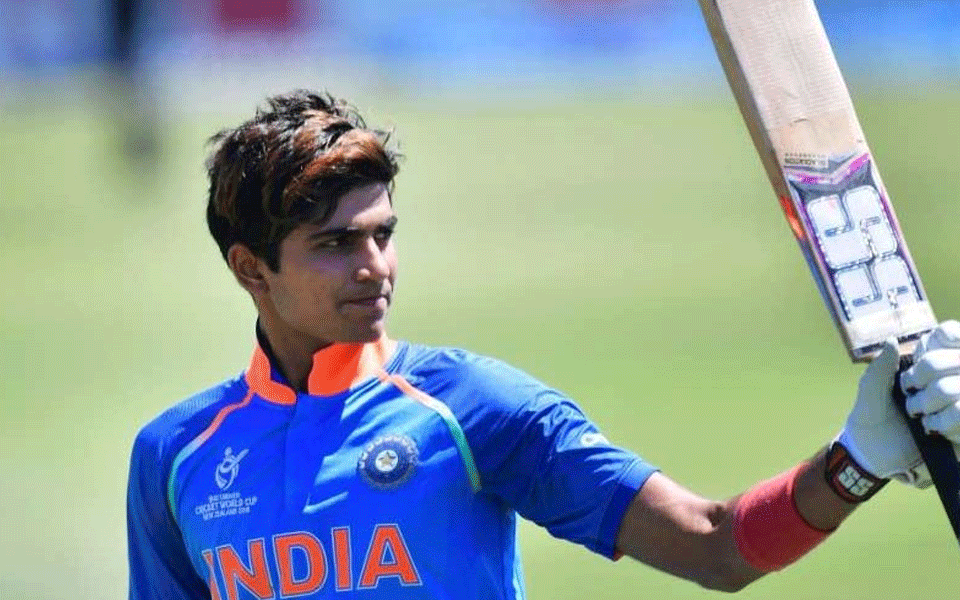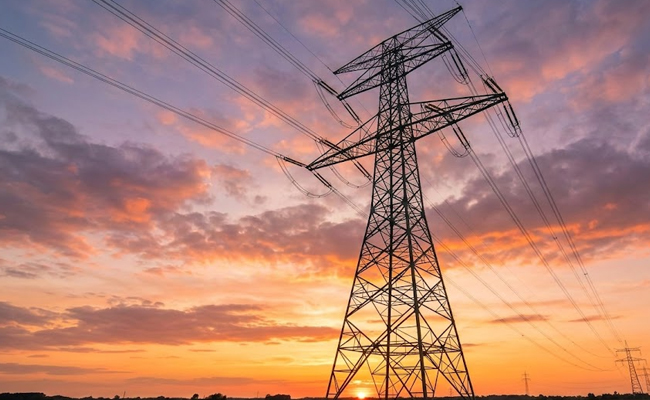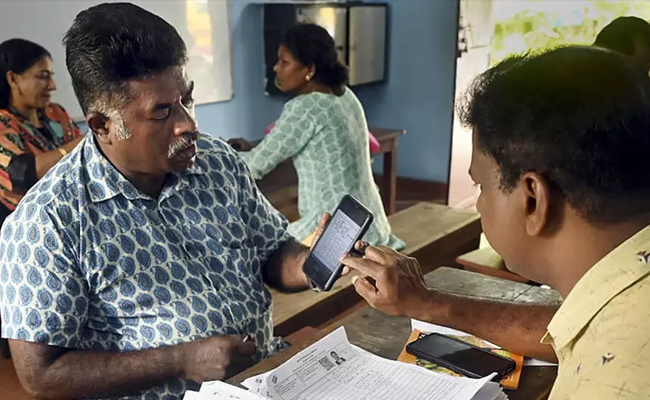Tarouba (Trinidad and Tobago): Shubman Gill became the youngest Indian cricketer to score a first-class double century and combined with skipper Hanuma Vihari to put India A in the driver's seat against West Indies A in the third unofficial test here.
The 19-year-old Gill, being seen as the next big thing in Indian cricket, scored an unbeaten 204 off 250 deliveries to break former India opener Gautam Gambhir's record on the third and penultimate day of the ongoing match.
Gambhir was 20 when he notched up 218 for India Board President's XI against the Zimbabweans in a tour match in 2002.
India A resumed at the overnight score of 23 for three, and Gill, starting at 2, reached his century just at the stroke of lunch. His overnight partner Shahbaz Nadeem fell for 13, after resuming on five, early in the day.
Captain Vihari (118 not out) then joined Gill in the middle and the two resurrected the Indian innings after the top-order collapse. The duo notched up an unbeaten 315-run stand for the fifth wicket before India A declared on 365 for 4 soon after Gill scored his double ton.
At stumps, West Indies A were 37 for no loss, chasing a massive 373 for victory on the final day of the four-fay match.
Gill bounced back strong from his a first-ball duck in the first innings and his unbeaten knock of 204 was laced with 19 fours and two sixes with a strike rate of 82.25.
While Vihari, who had earlier bailed out India in the first innings with a half century, continued in the same vein, hitting 10 boundaries and a maximum.
Earlier, West Indies A bowled out India A for a meagre 201 in the first innings on the opening day of the match before folding for 194 in their first essay.
Gill's impressive knock comes days after he failed to find a spot in India's tour of the West Indies. India have already pocketed the series by winning the first two games of the series.
Brief Scores:
India A: 201 and 365/4d in 90 overs (Shubman Gill 204 not out, Hanuma Vihari 118 not out, Chemar K Holder 2/88)
West Indies A: 194 and 37/0 in 15 overs (Jeremy Solozano 20 batting).
Let the Truth be known. If you read VB and like VB, please be a VB Supporter and Help us deliver the Truth to one and all.
Bengaluru (PTI): A 22-year-old man has been arrested for allegedly killing his uncle following a dispute over vacating a house and attempting to pass off the death as accidental, police said on Wednesday.
The accused has been identified as Masroor Ahmed.
The victim, Inayath Pasha, was living alone on the ground floor of his sister’s house in Austin Town on a lease basis. Police said he had a disability in his left leg due to polio since birth, and earned his livelihood as a two-wheeler mechanic.
According to the complaint, on the evening of March 1, Pasha’s son visited him at home and found him lying unresponsive.
On checking, he discovered that his father had died. A case of unnatural death was initially registered at the Viveknagar police station.
During further investigation, police questioned Pasha’s sister, her son, and other relatives.
A relative raised suspicion about the circumstances of the death, following which a murder case was registered, a senior police officer said.
During interrogation, it emerged that an argument had taken place on March 1 between Pasha and his nephew, Ahmed, over vacating the house.
Police said that during the altercation, Ahmed allegedly assaulted Pasha, causing him to lose consciousness and collapse.
The accused then placed him on the bed and left the scene, police added.





